
Overall survival and progression-free survival was improved with frontline camrelizumab plus chemotherapy in patients with advanced or metastatic esophageal squamous cell carcinoma.

Your AI-Trained Oncology Knowledge Connection!


Overall survival and progression-free survival was improved with frontline camrelizumab plus chemotherapy in patients with advanced or metastatic esophageal squamous cell carcinoma.

Phase 2 data presented at the 2021 ASCO Annual Meeting indicate that more than half of patients with previously treated advanced colorectal cancer who were treated with pembrolizumab plus lenvatinib were alive at 6 months.
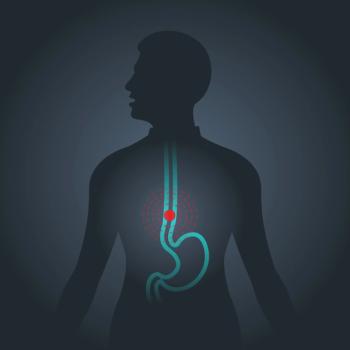
Survival outcomes improved when nivolumab was added to either ipilimumab or chemotherapy versus chemotherapy alone in advanced/metastatic esophageal squamous cell carcinoma

The professor from MD Anderson Cancer Center spoke about the exploration of different concepts for the treatment of gastrointestinal cancers.
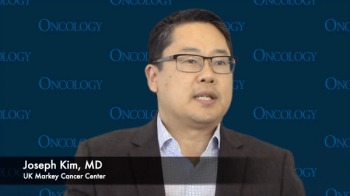
The chief of surgical oncology at the UK Markey Cancer Center discussed liquid biopsies and their potential importance for diagnosing gastric cancer.
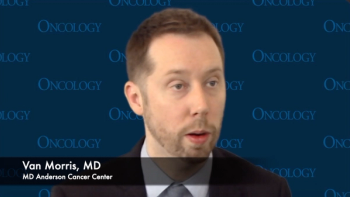
The expert spoke about ongoing trials of novel treatment strategies that may lead to the development of new therapies in this space.
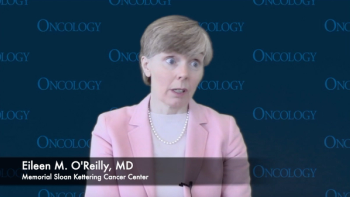
The medical oncologist from Memorial Sloan Kettering Cancer Center discussed challenges in treating patients with pancreatic center, and also the challenge of obtaining effective drugs in the clinical setting.

The patients with BRAF V600E-mutant metastatic colorectal cancer whose disease had progressed after 1 or 2 prior regimens reported substantial improvements in quality of life over the current standard of care.

Given the data presented in this abstract, researchers indicated that it is crucial that further research works toward eliminating these disparities.

This technology identified a practical method for detecting multiple gastrointestinal cancers from a single noninvasive blood test.
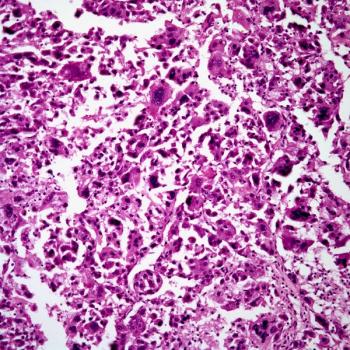
High-quality patient reported outcomes were observed, suggesting benefits in key aspects of the patient experience with this combination treatment.
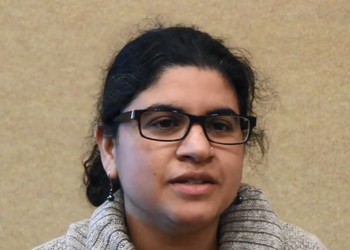
Cancer Network spoke with Dr. Shaila Merchant about the difficulty in determining and linking the many disparities in gastric cancer and how genetic research can help.
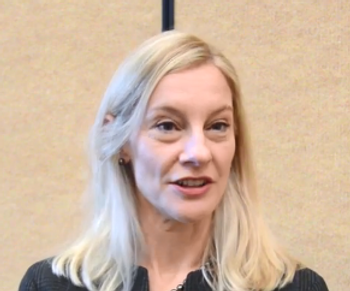
Cancer Network spoke with Dr. Karyn Goodman about the importance of developing a systematic therapy regimen for the treatment of esophagogastric cancer.

Cancer Network spoke with Dr. Scott Kopetz about RNA-based subtyping and the challenge of spreading the word of the importance of biomarker testing in colorectal cancer.

Cancer Network spoke with Dr. Shishir Maithel about grading and diagnosing neuroendocrine tumors and how PRRT best fits into the treatment algorithm of these tumors.

Cancer Network spoke with Dr. Daniela Molena about the advancements in the treatment of esophageal cancer, including the safety and importance of endoscopic resection for the disease.

Cancer Network spoke with Dr. Bassel El-Rayes about novel strategies on the horizon for pancreatic cancer during the 2019 ASCO Gastrointestinal Cancers Symposium.

Researchers tested whether the combination of durvalumab and tremelimumab could improve survival over best supportive care in patients with advanced refractory colorectal cancer.

Researchers tested an antigen-specific cancer vaccine known as tecemotide vs placebo in patients with colorectal cancer and liver metastases to see if outcomes would be improved.
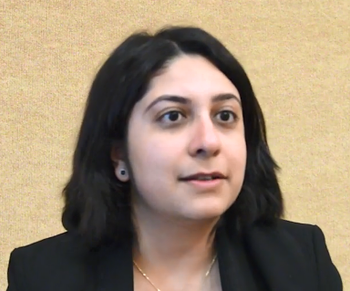
Cancer Network spoke with Dr. Hirva Mamdani about the role and efficacy of adjuvant durvalumab in patients with Esophageal/GEJ Cancer.
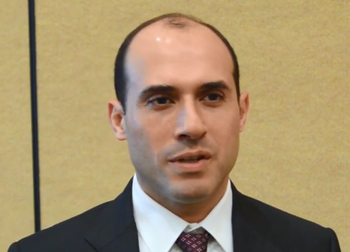
Cancer Network spoke with Dr. Ahmed Kaseb about a phase II pilot trial of perioperative immunotherapy for resectable HCC and how the results could change future perioperative treatment of the disease.
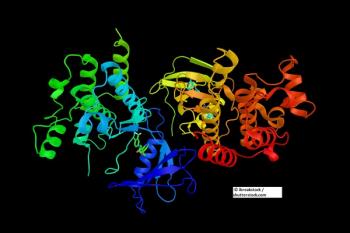
Researchers tested the combination of dabrafenib and trametinib in a phase II trial of patients with biliary tract cancer and BRAF V600E mutations.

An analysis found that tumor response as assessed using modified RECIST criteria is an independent predictor of overall survival in hepatocellular carcinoma patients.
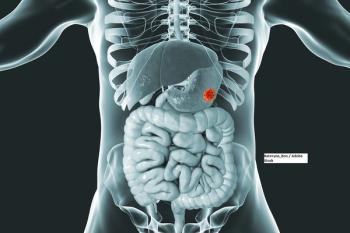
Researchers found that adding andecaliximab to treatment for gastric cancer may benefit older patients.
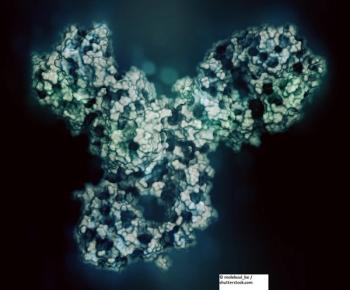
Pembrolizumab showed promise in the second-line setting for patients with metastatic esophageal cancer and high PD-L1 expression.
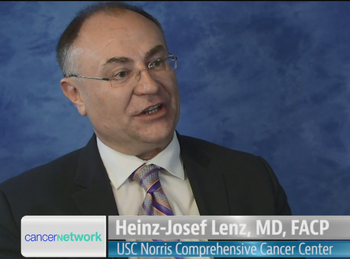
In this video, Dr. Heinz-Josef Lenz outlines the many advantages that development of liquid biopsy is affording cancer patients.

In the ADORE trial, adjuvant FOLFOX in postoperative yp stage III rectal cancer significantly improved disease-free survival.

A combination of irinotecan, cetuximab, and ramucirumab may boost PFS in advanced CRC, when given after failure of oxaliplatin-and-bevacizumab–based therapy.

Overall, patients with mCRC and isolated peritoneal carcinomatosis did not benefit when hyperthermic intraperitoneal chemotherapy was added to surgery.

Despite paying nearly double per month for first-line treatment in the US, patients with mCRC have survival outcomes similar to their Canadian counterparts.